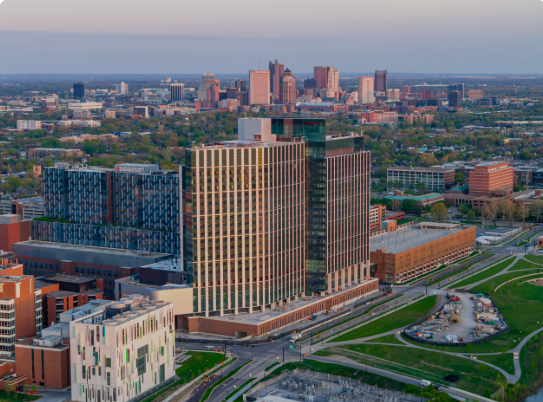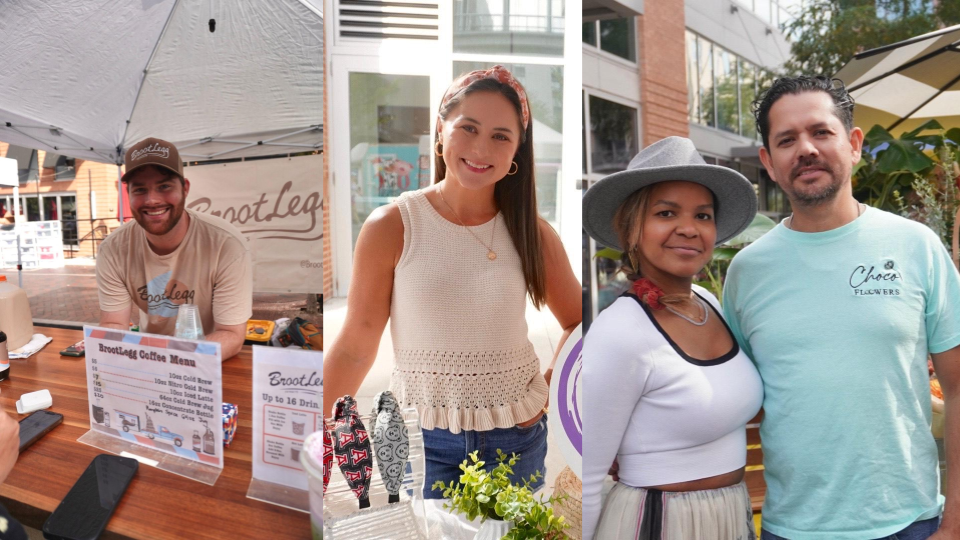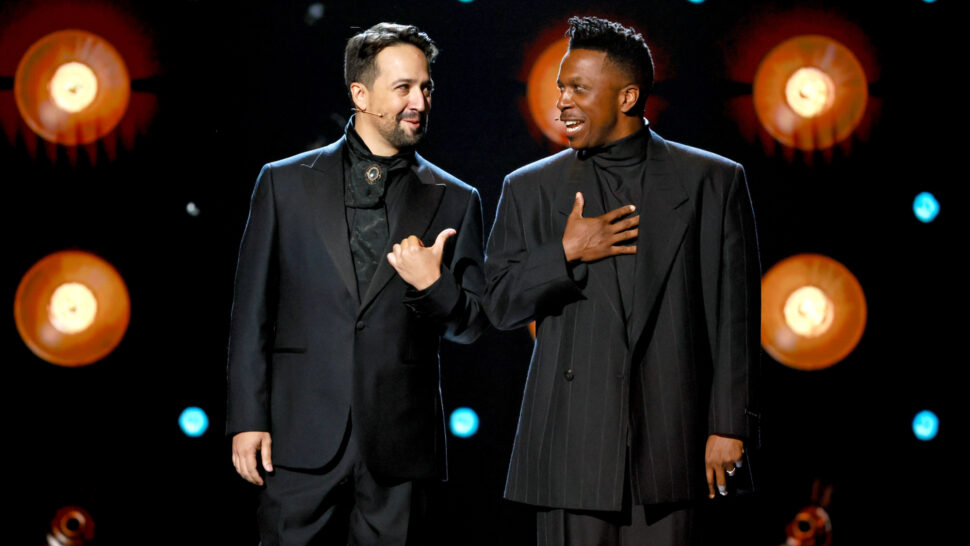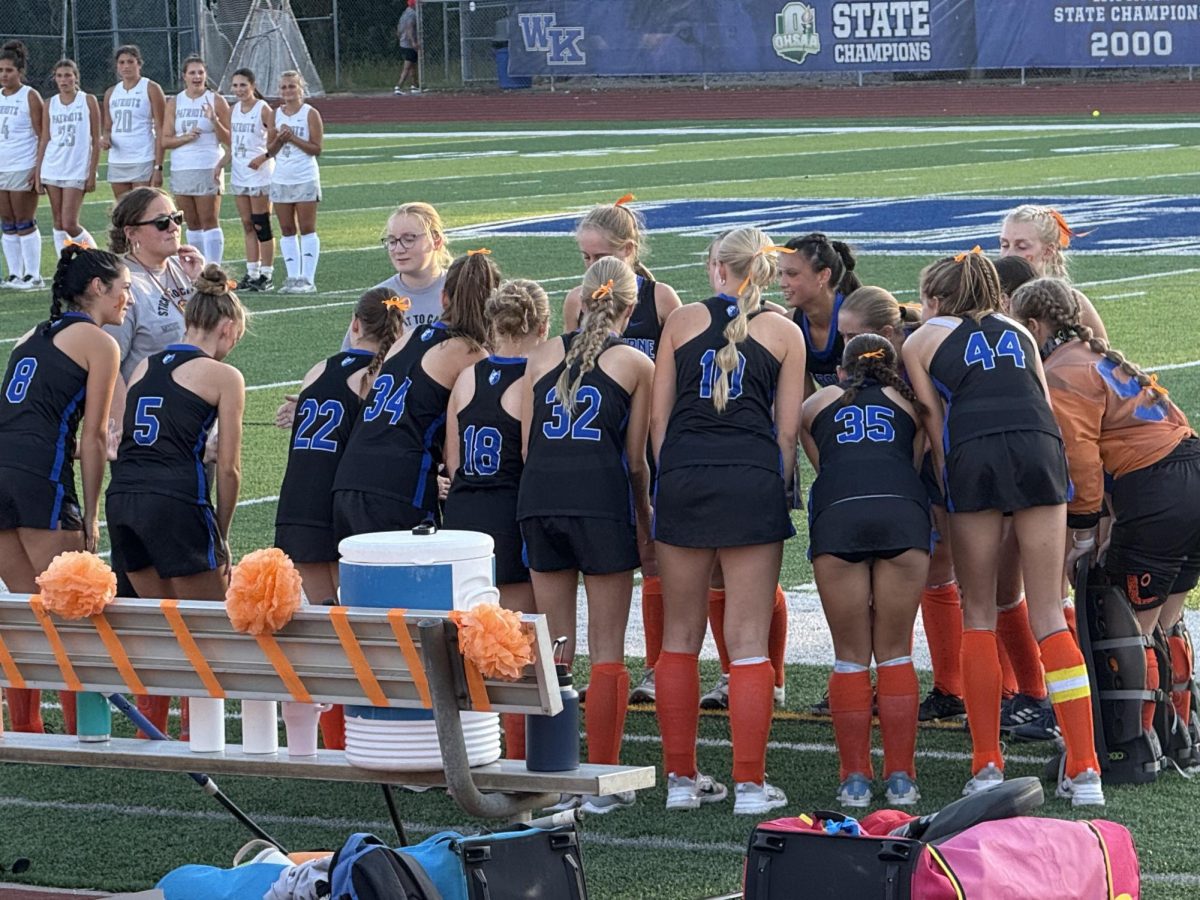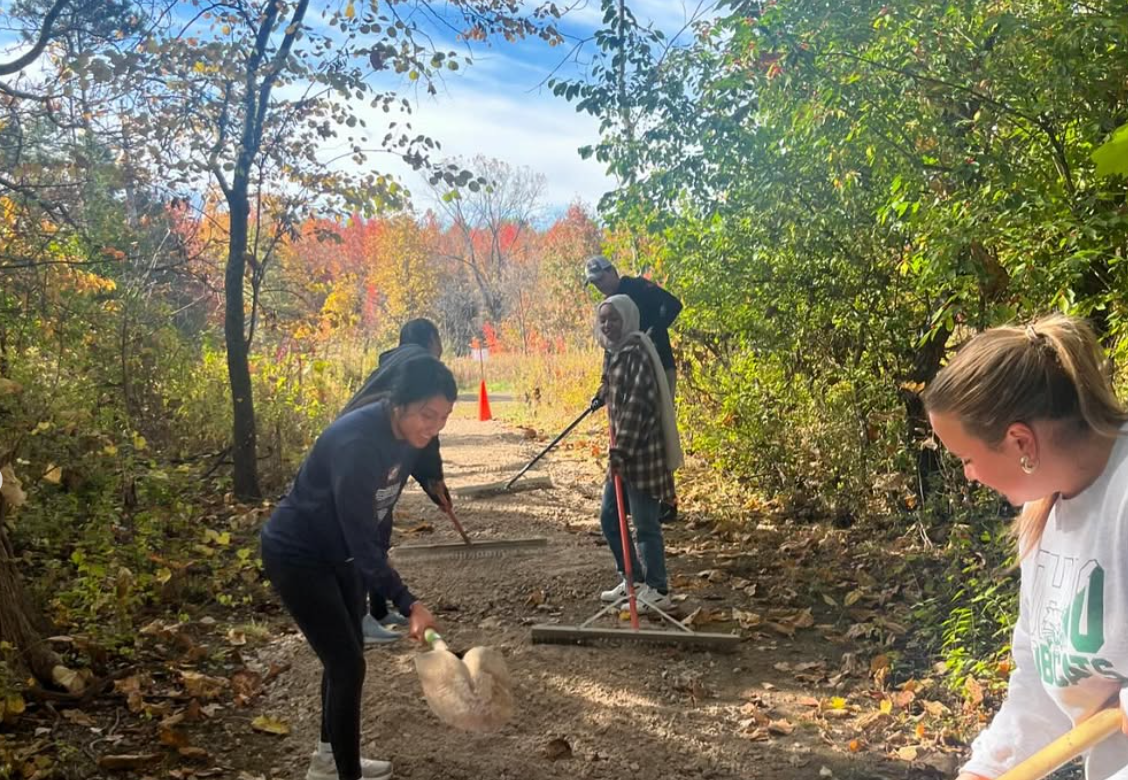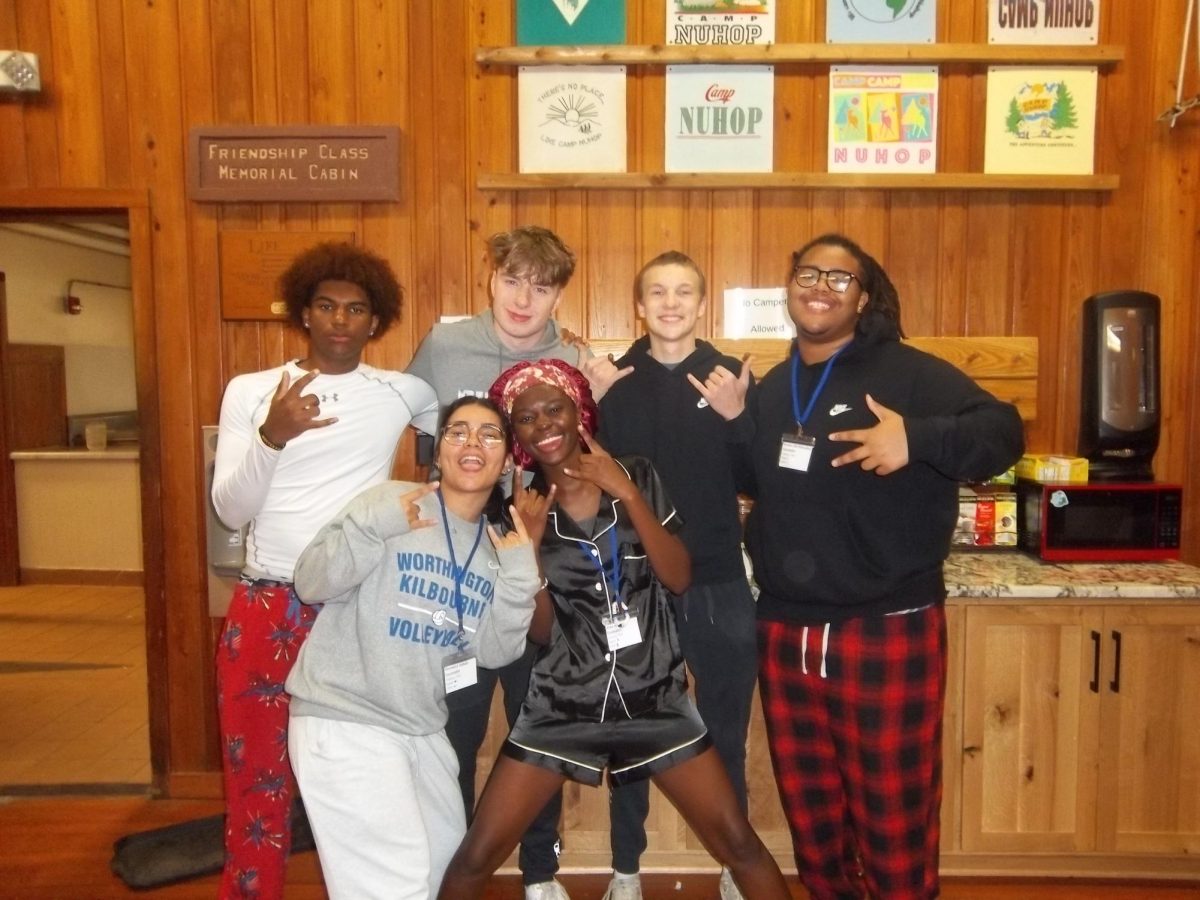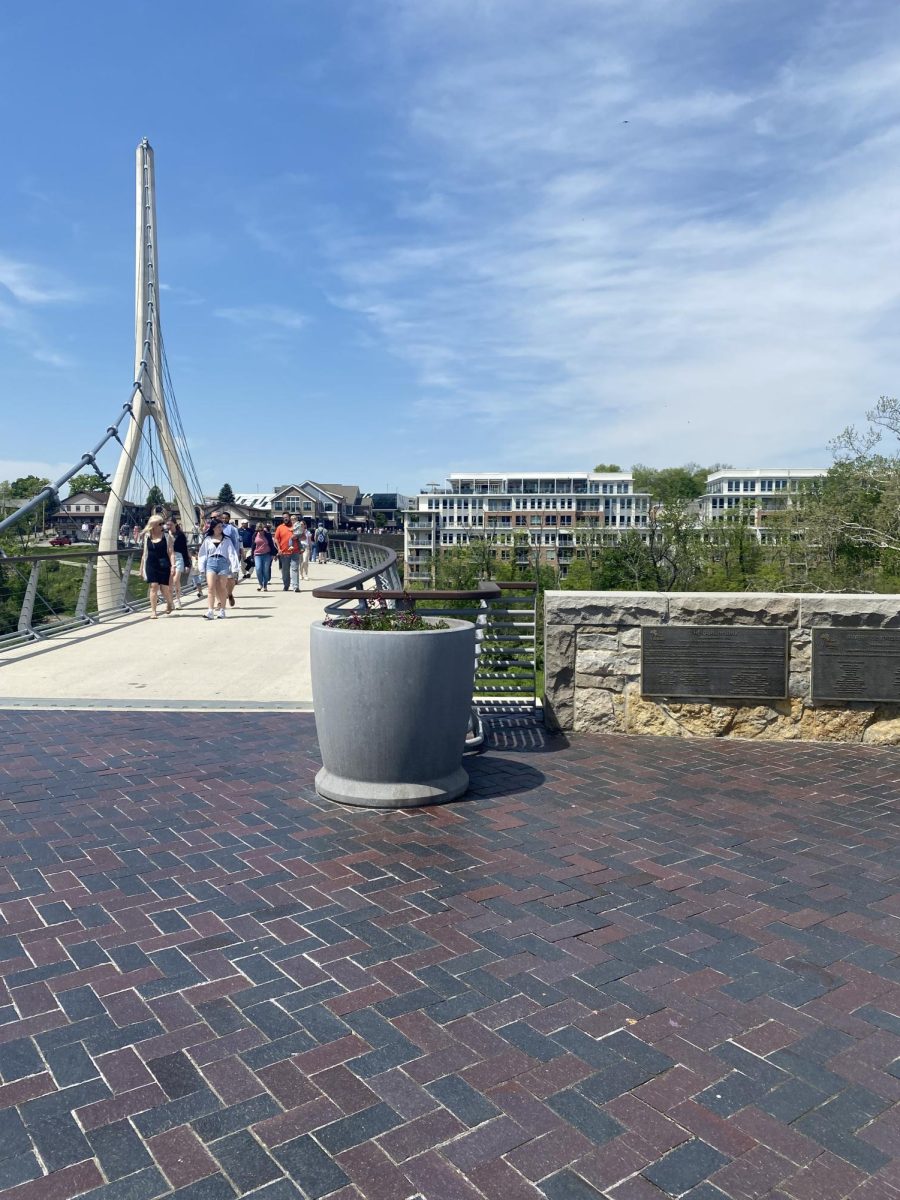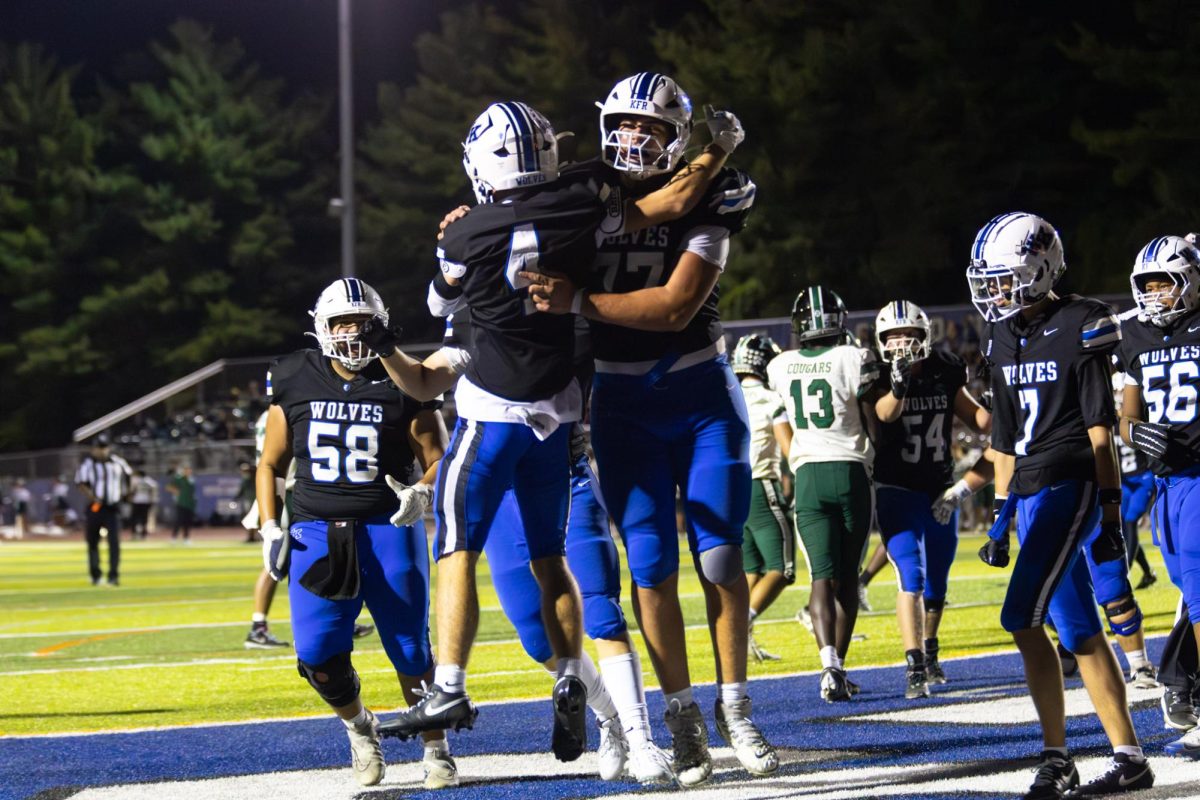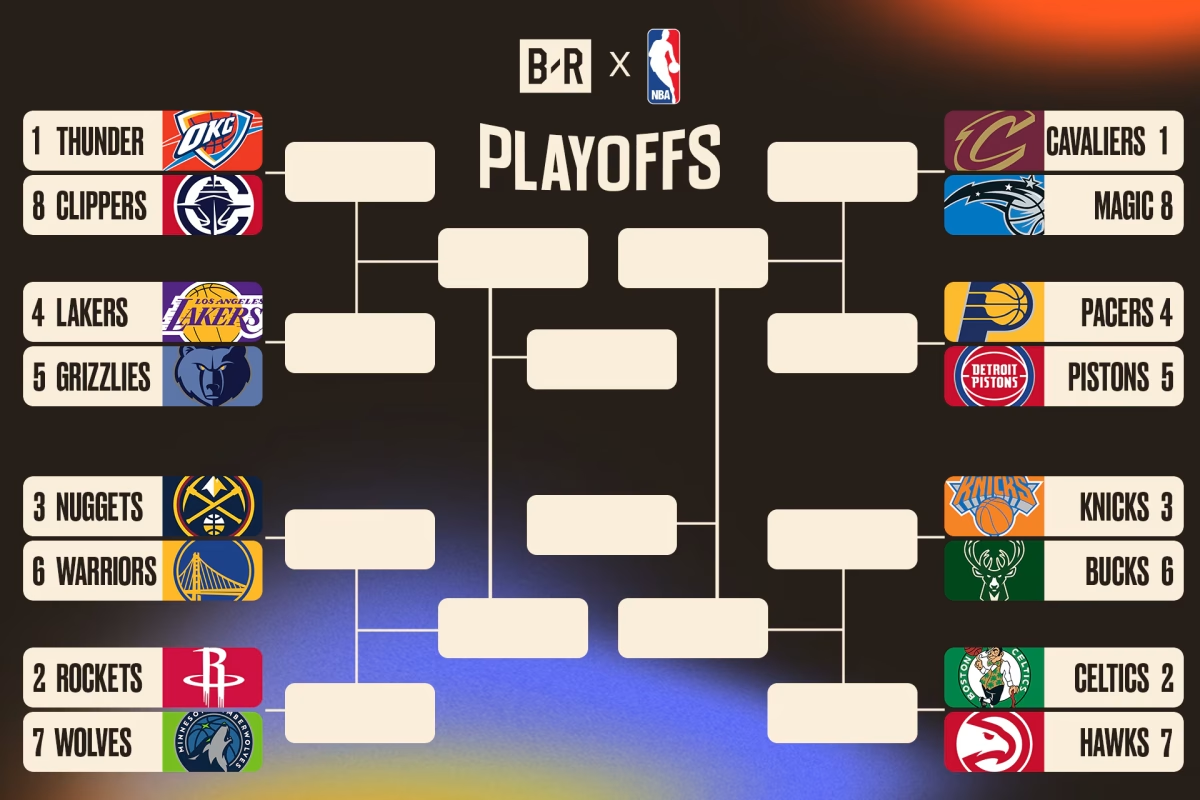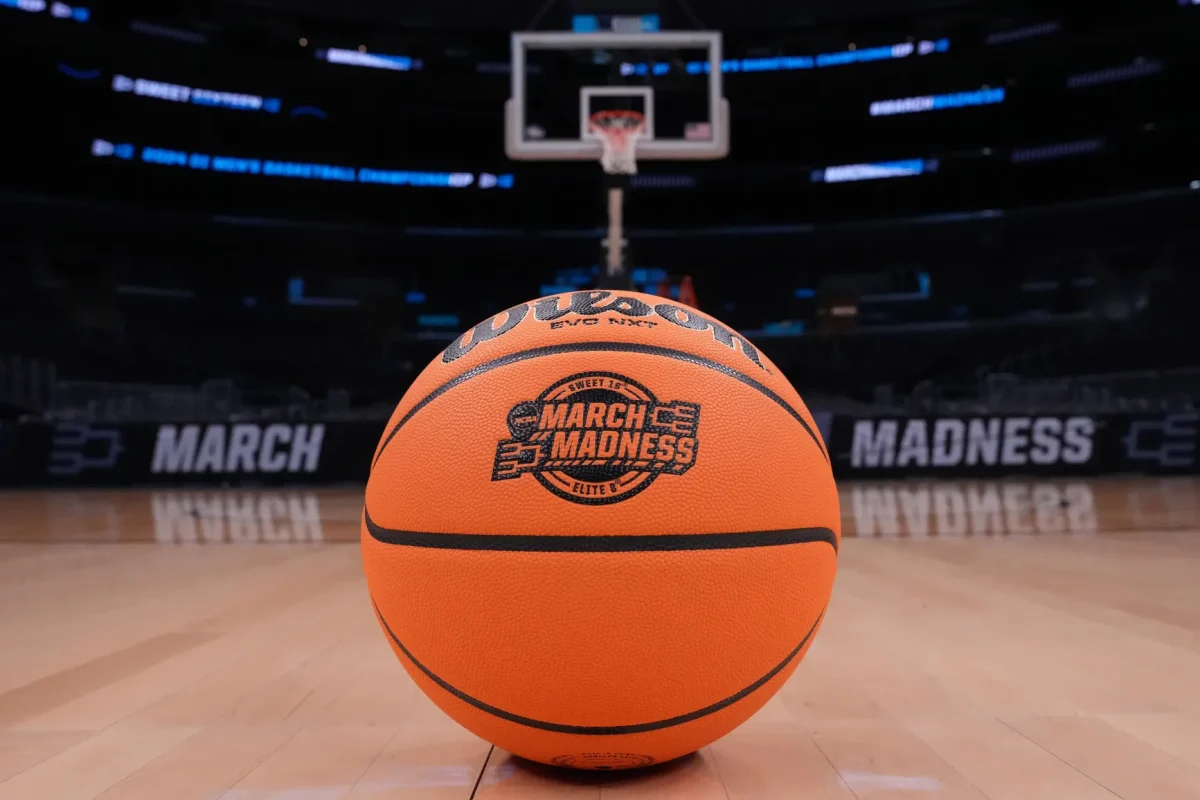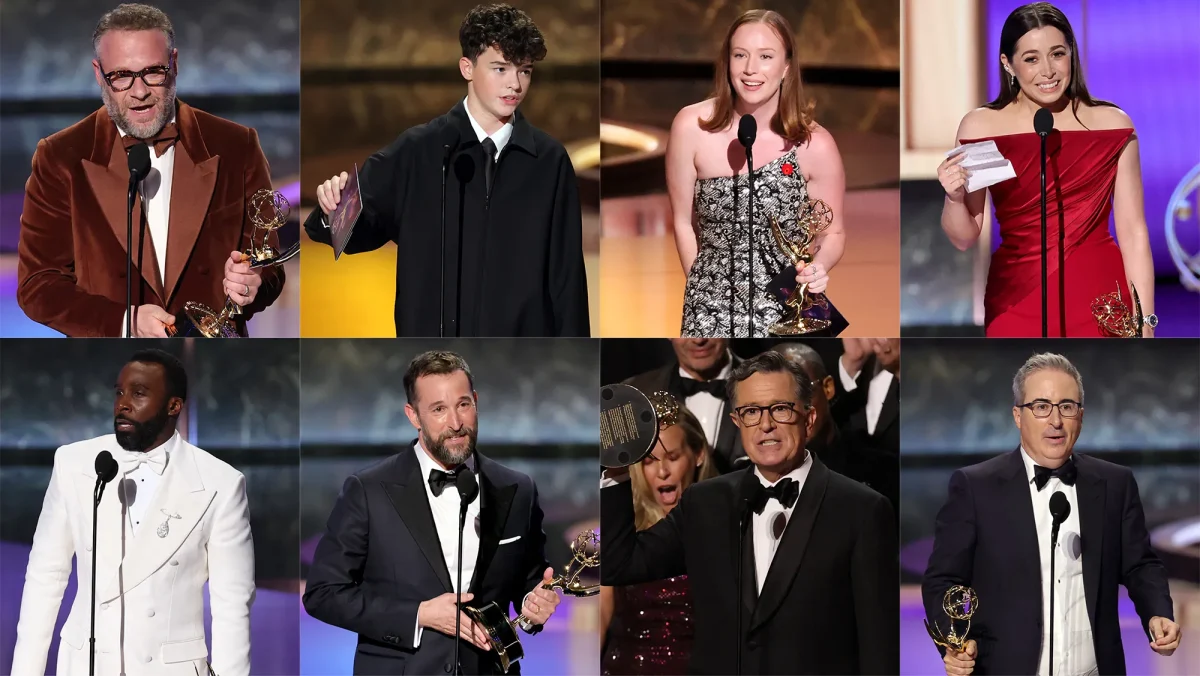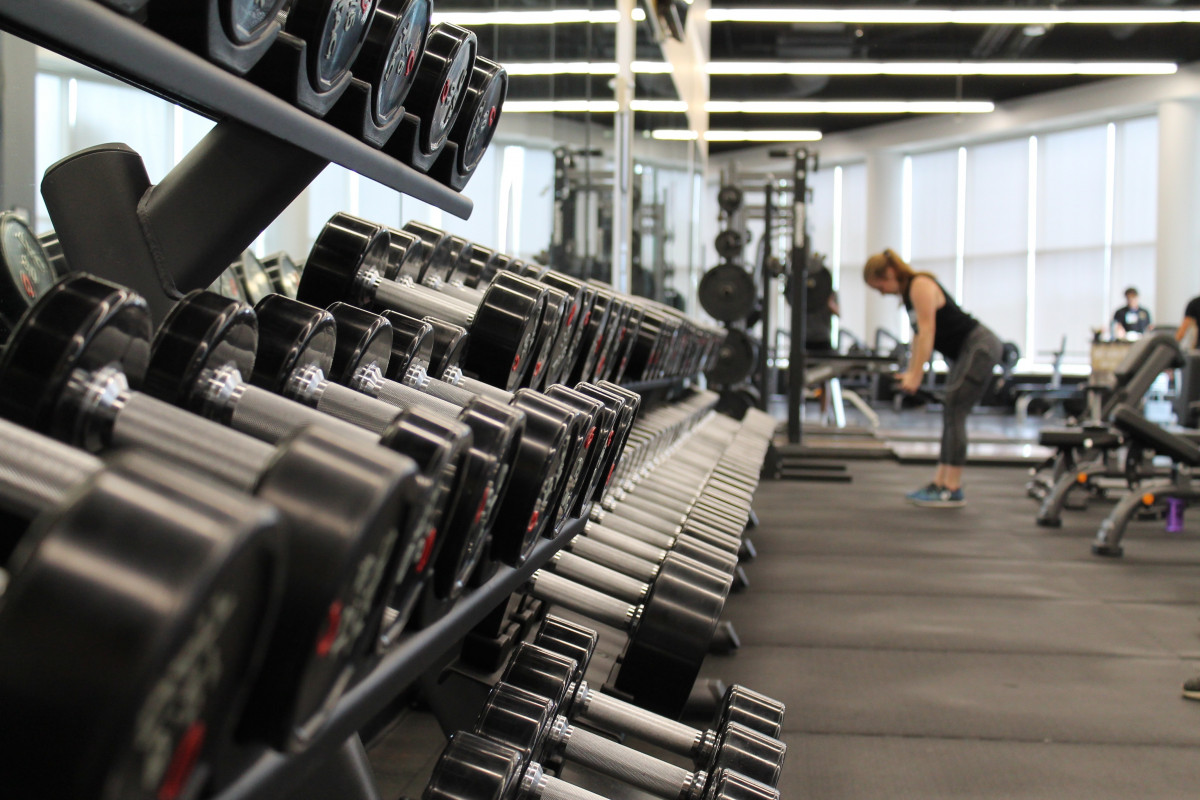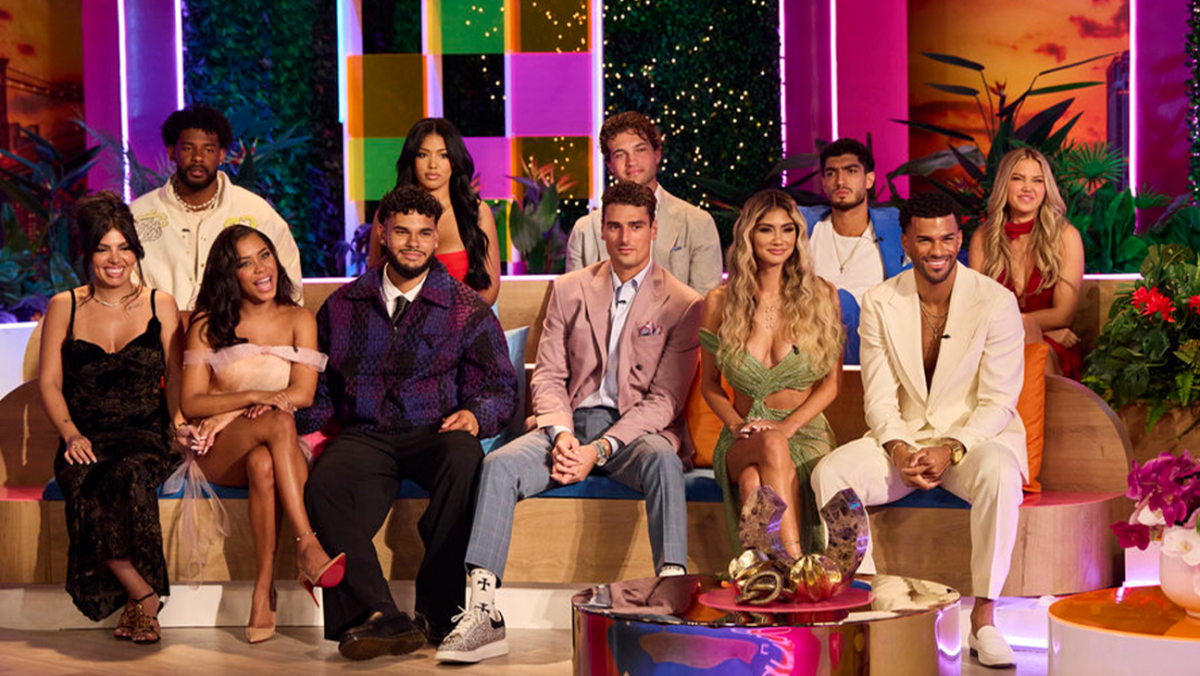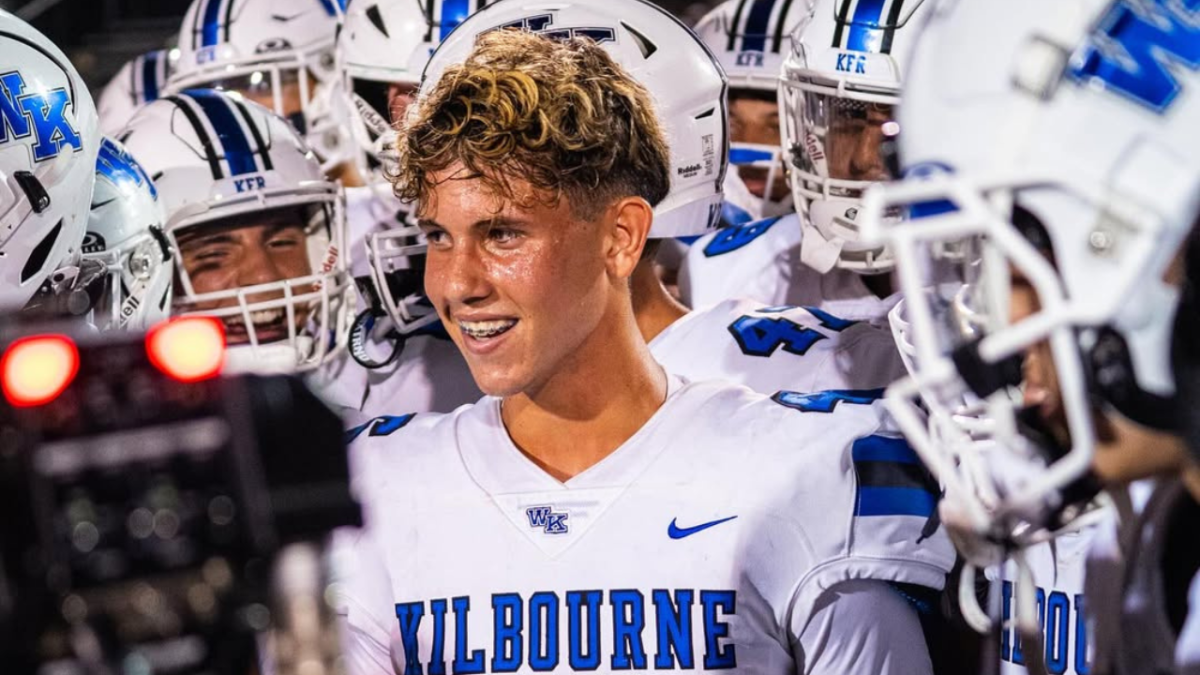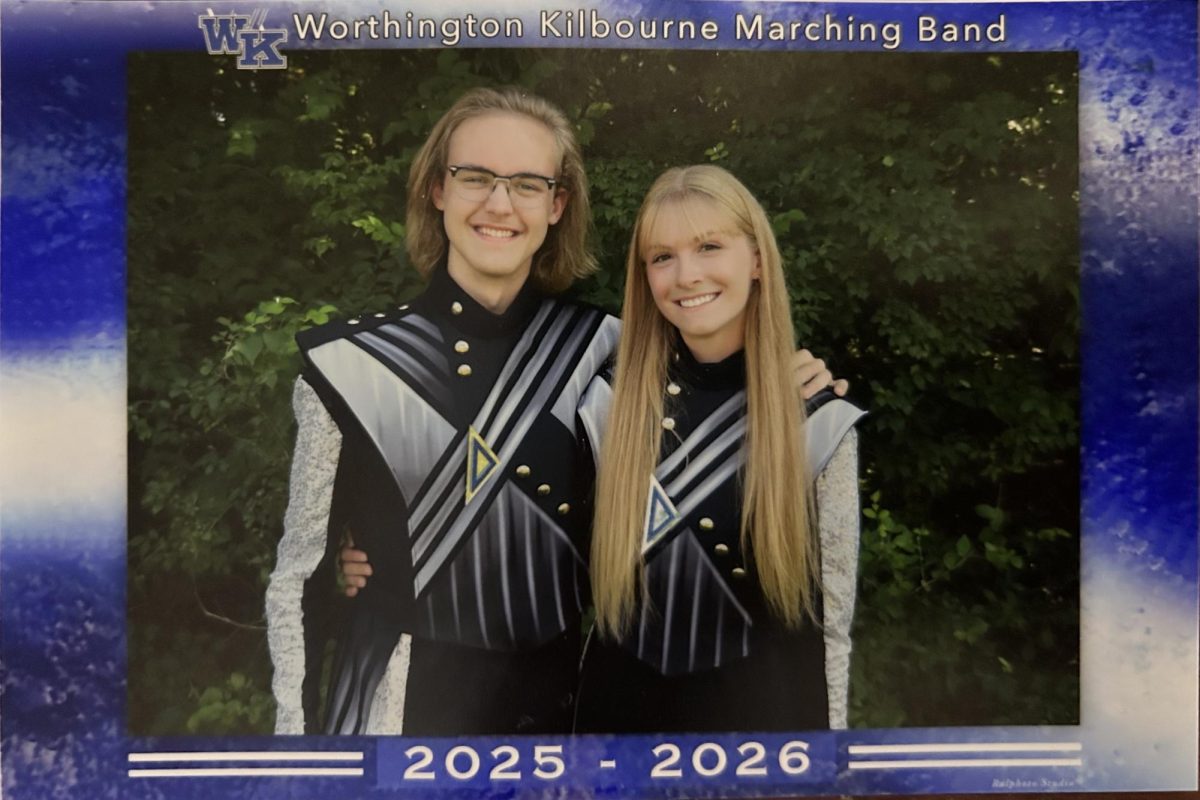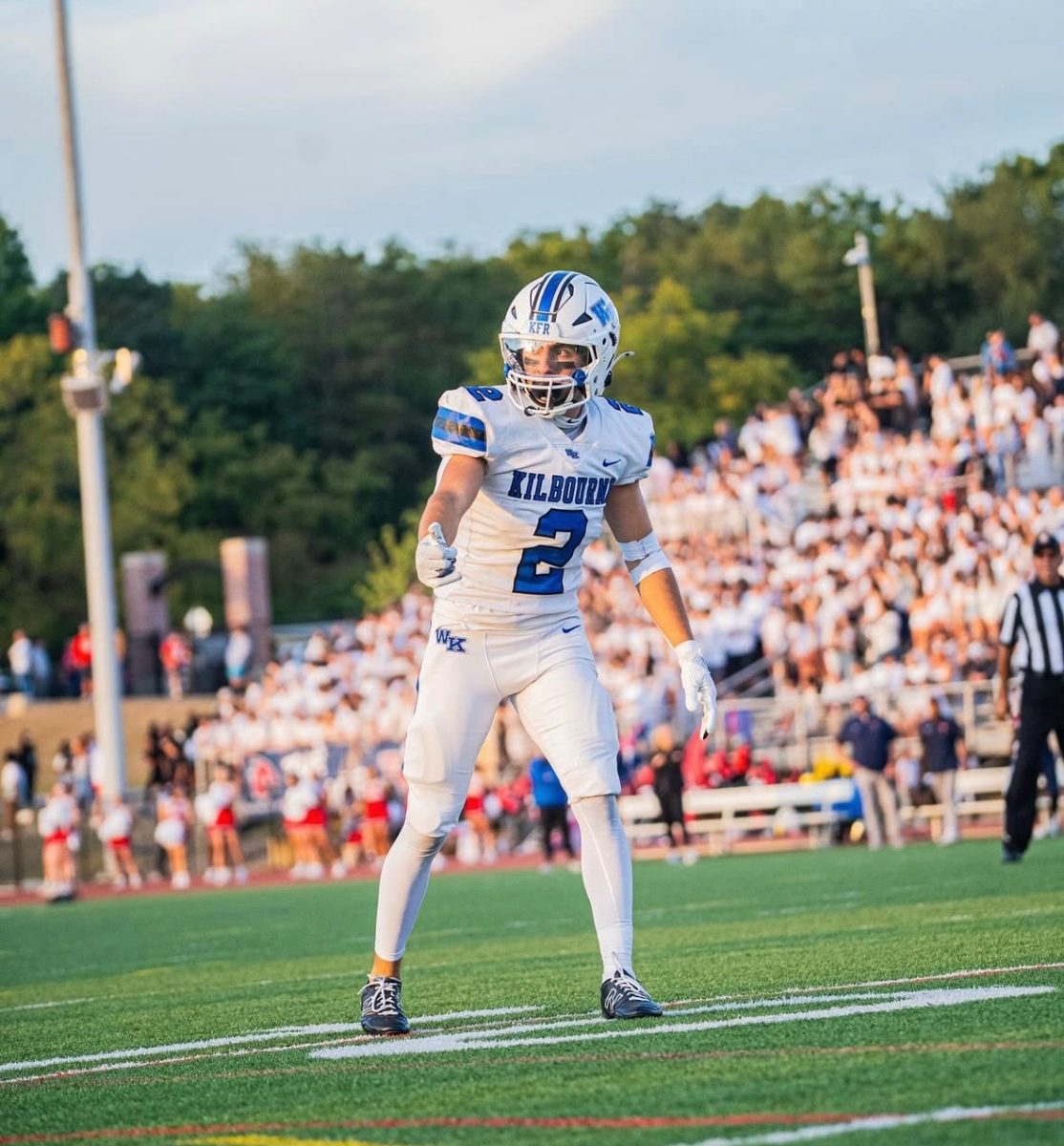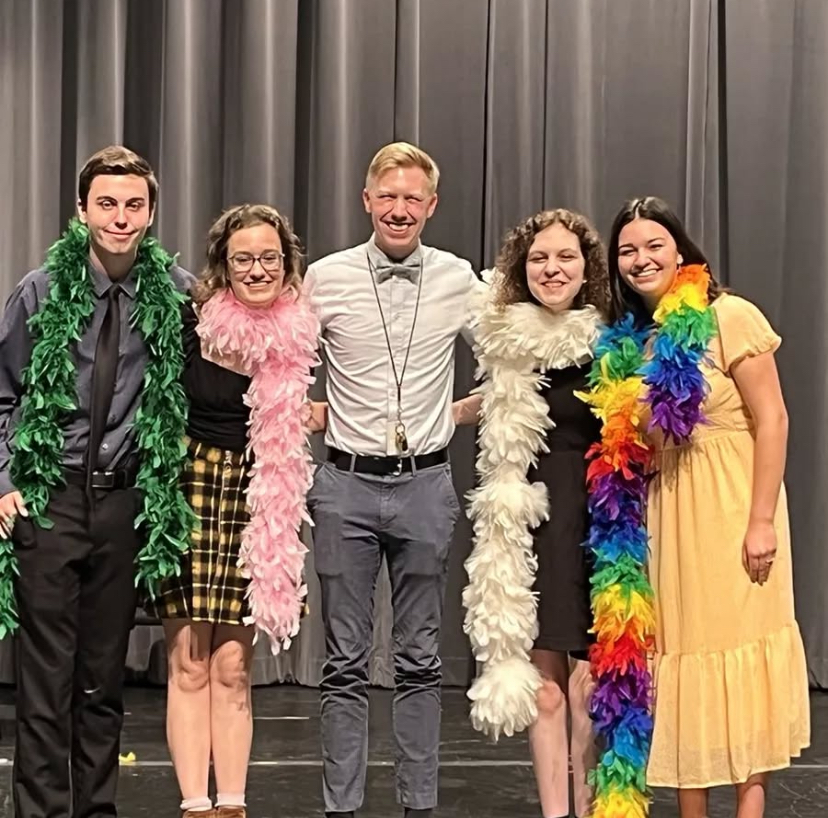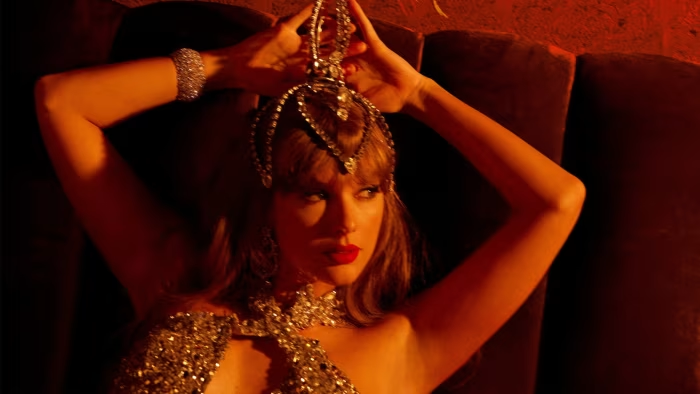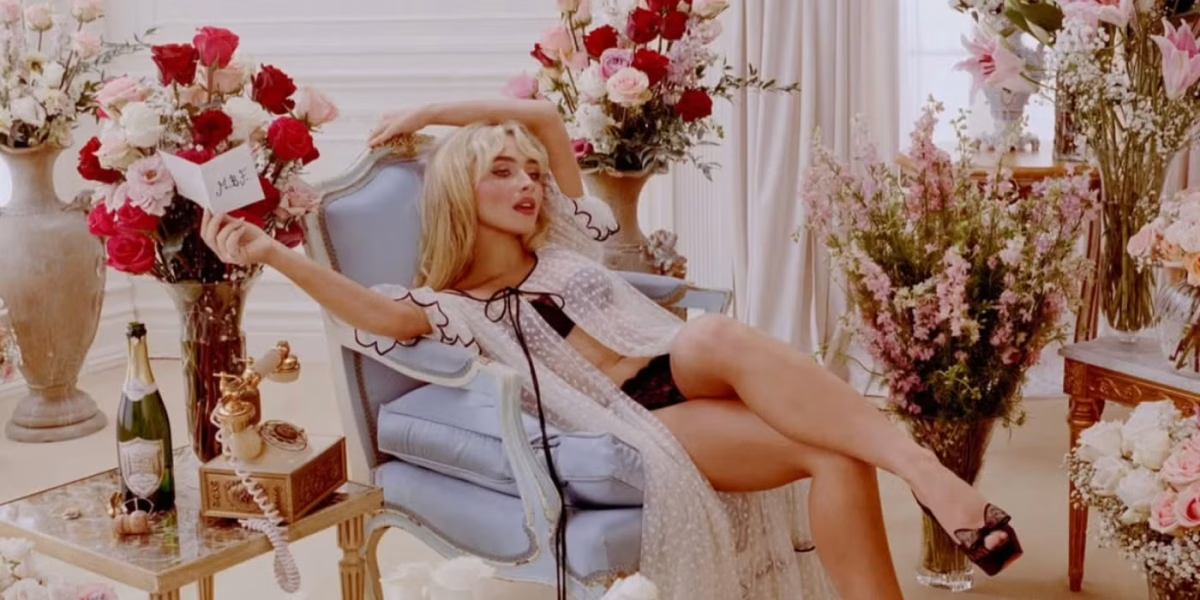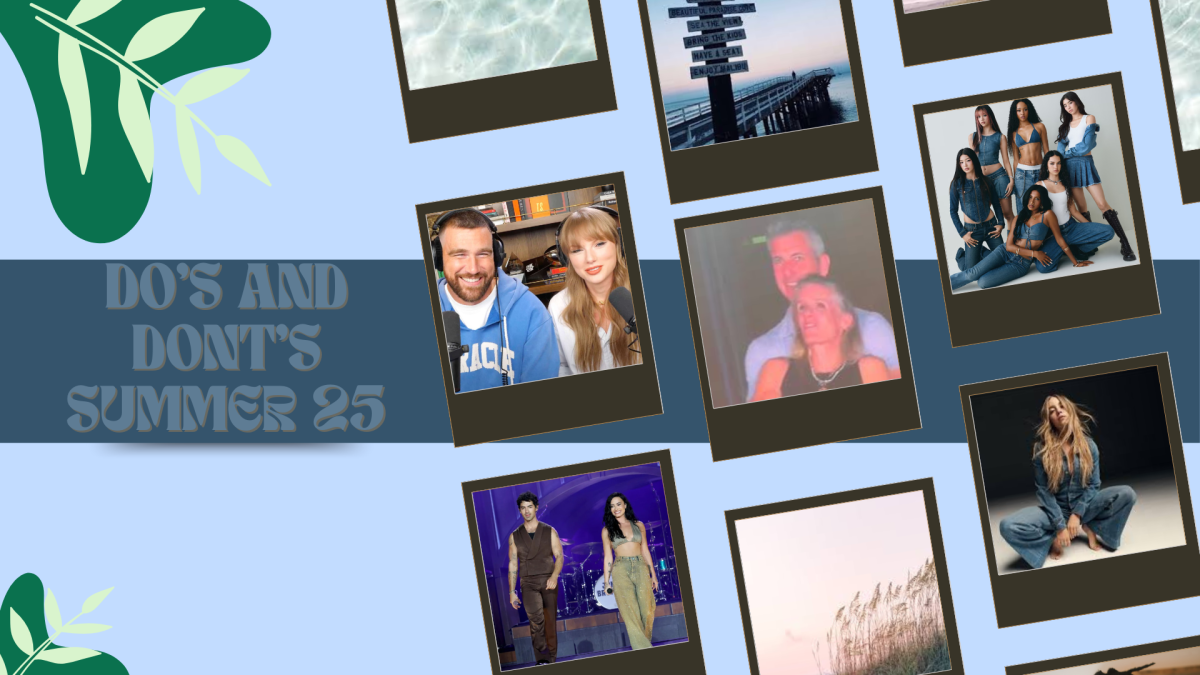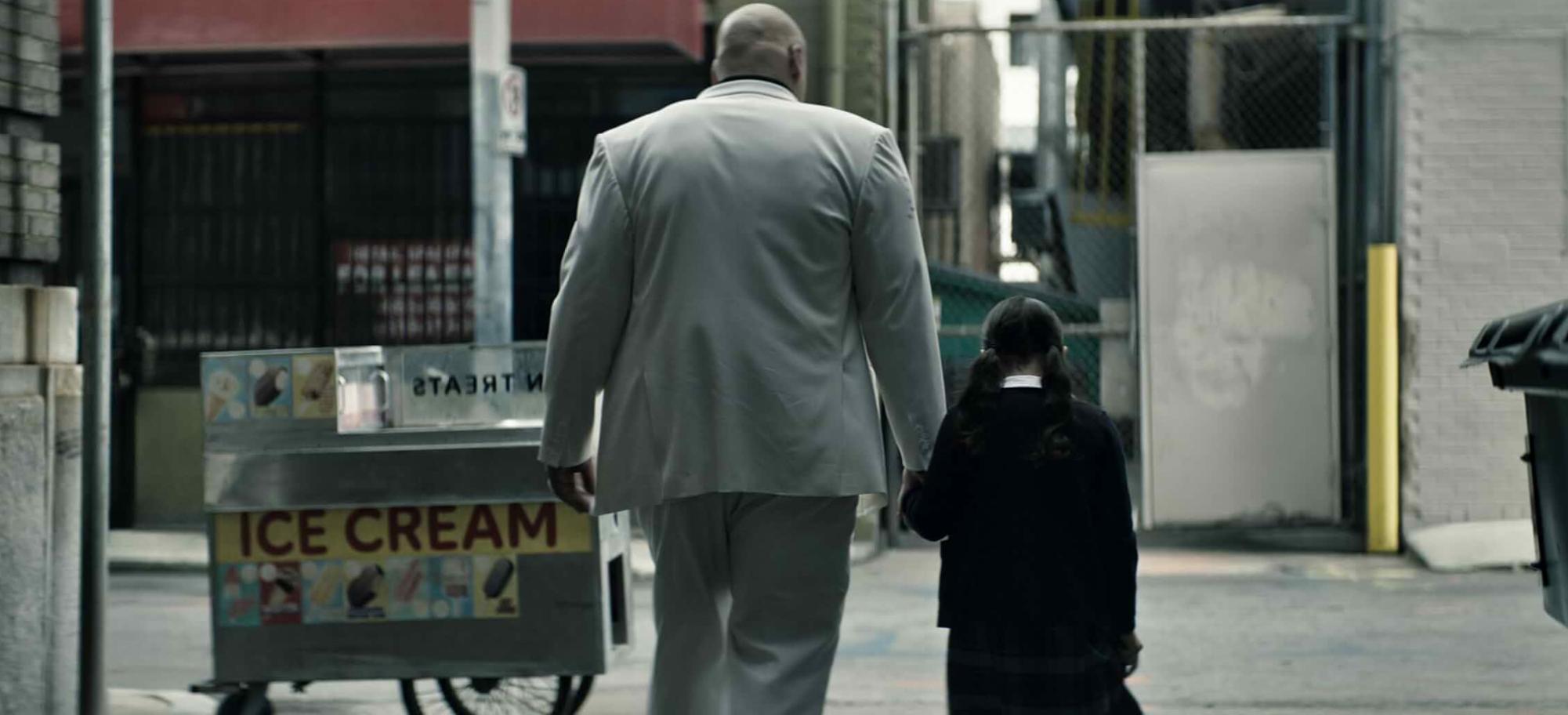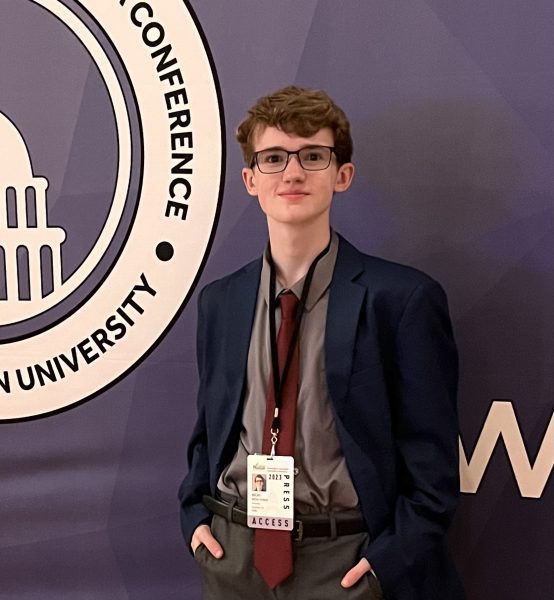The Marvel Cinematic Universe is struggling: The 15-year old franchise has been seeing a downturn of viewership in recent years. They recently fired Jonathan Majors, whose character Kang was being built up as the new Big Bad, and last year was the first time in their history that they didn’t make back their budget on a project through The Marvels. As they try to find new ways to bring in an audience and find their next steps, the studio is taking a leap into the realm of mature media.
While the mainline MCU has never had a mature project, this won’t be the first time a Marvel character has been given a mature rating. Movies like Logan and Deadpool, as well as shows like Daredevil have all been given higher age ratings, and have seen success due to their darker components. Now, the MCU is attempting to catch on the same wave of success with their new show, Echo.
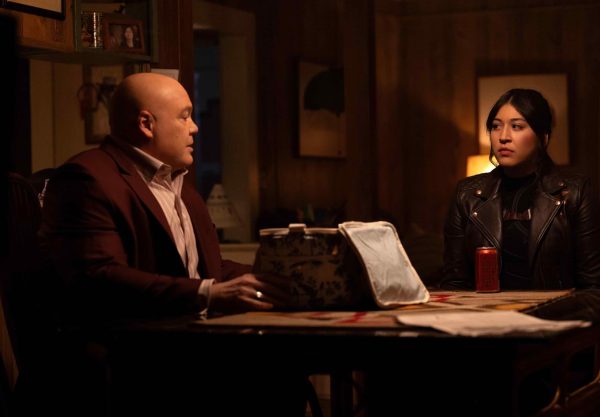
Echo is a five episode miniseries focusing on Maya Lopez, who is played by Alaqua Cox. Lopez is a returning character from 2021’s Hawkeye, within which she wounds New York crime lord Wilson Fisk, played by Vincent D’Onofrio. This action provides the setup for one of two major conflicts in the series, where Fisk’s men are hunting her down. The other, stems from her disconnection from her family and native american heritage. When she returns to her hometown to make a play against Fisk’s criminal empire, both of these conflicts will collide, forcing her to choose between her family and her goals.
The plot has a decent foundation for a tale about family, regret, and reunion, but it feels as if it was never fully built. There are dozens of points where Lopez would get angry at her family over something that was either never fully explained to the audience, or just not told to us. Even after nearly 40 minutes of exposition in the first episode, the audience is in the dark about so many things that should’ve been presented to them. The issues that they do explain aren’t given a proper amount of time to be resolved in a satisfactory way, leaving every resolution feeling hollow.
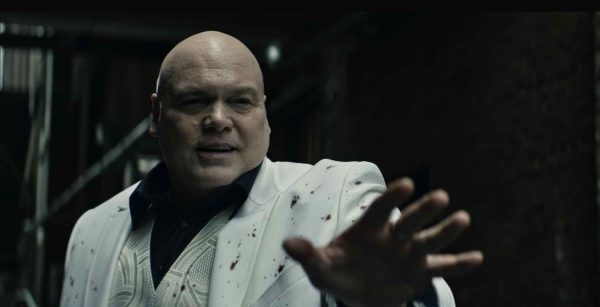
The issues of the plot aren’t helped by the protagonist in the slightest, as Lopez isn’t likable at all. Her personality ranges from uninteresting, to abrasive, to emotionally manipulative. She spends much of the plot blaming others for things, whether they actually did that thing or not. When she isn’t deflecting, she is lying to her family and using them for her own gain. When she’s doing neither of those things, she’s either fighting someone, riding her bike, or having a flashback to one of her ancestors. There’s a visible attempt at trying to make her more likable at the end of the series, but at that point it was too little too late.
Echo, along with being a direct sequel to Hawkeye, takes a lot from Netflix’s Daredevil, a previous TV-MA Marvel show. Not only do they share a primary antagonist through Fisk, the two shows have similar set styles, plot lines, and choreography. As someone who watched all of Daredevil, I appreciated the inspiration and references to the series. However, all those similarities lead to comparison, and it ends up making Echo look worse. It feels as if it’s trying to follow the footsteps of Daredevil, but it falls short at nearly every turn.
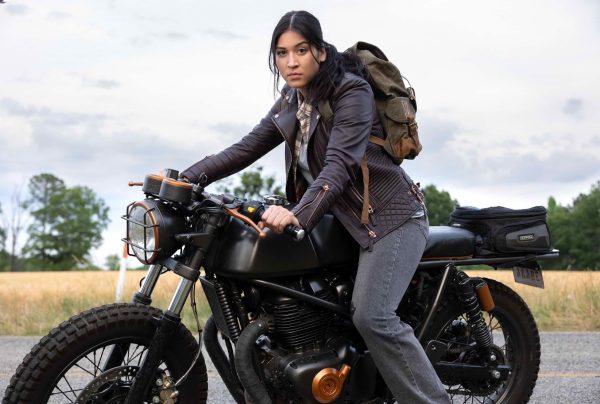
Plot aside, the biggest shortfall of the series was in its pacing and editing. The series was originally planned to be six episodes, but due to issues with writing and money, the studio cut an episode. That cut, mixed with an average of 42 minutes an episode, led to the pacing feeling messy. Every episode has at least two points that feel wrong because of the editing. Sometimes a clip will end too early, while other times an important shot would be cut out to preserve time, leading to the audience being even more confused than they were before.
Another big shortcoming of Echo came in its underutilized TV-MA rating. Outside of two fight scenes with moderate blood usage and a nasty injury, the show could’ve very easily been rated lower. Even the plot lines don’t fully utilize their chance to tell something more mature and deep. While it’s easy to understand why they didn’t do much with their rating, as they wanted to maintain their younger audience, it leaves the whole series feeling as if it’s tip-toeing around much more interesting ideas that what the show actually provides.
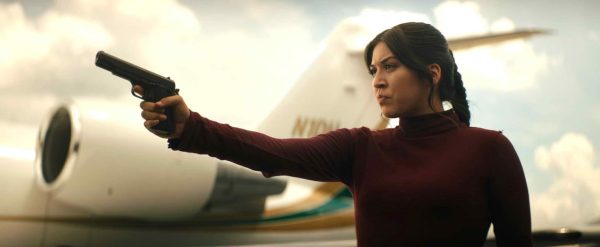
Despite all the negatives, where the series truly shines is through its representation of Native American culture. Many of the characters in the series belong to the Choctaw nation, a real-world Native American tribe that was consulted on the show. That consulship, along with the lead director is also Native American, helped breathe an air of authenticity that would’ve made the show that much worse if anyone else worked on it.
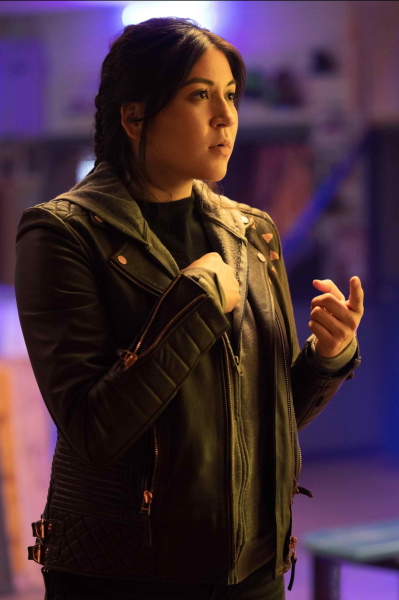
In addition to this, the representation of deaf individuals is also good. Both Cox and her character were born deaf, as well as a few other actors. Because of this, the crew made sure everyone on and off the camera knew American Sign language (ASL), to not only bring authenticity to the sign language presented, but to make sure there was never a language barrier between the cast and crew. Many of the characters, even those who aren’t deaf, continually speak in both English and ASL, which brings a new layer to the dialogue. The positive representation of the deaf community added a lot to the overall production, and it is great to see more people within that community getting their time to shine.
Overall, I’d give Echo a six out of ten. The series tries to be too many things, and fails to be anything. Its short runtime leads to everything feeling underdeveloped for the scale that they were trying for. While the Native American and deaf representation is good, everything else about the show just feels like it could’ve been so much better. If they were given the time to properly tell their story, many of the issues I had with the show would’ve most likely have been resolved. If Marvel continues to put out series like this, with rushed storytelling that creates unlikable protagonists and unmemorable side characters, then they will continue to struggle and fall.



